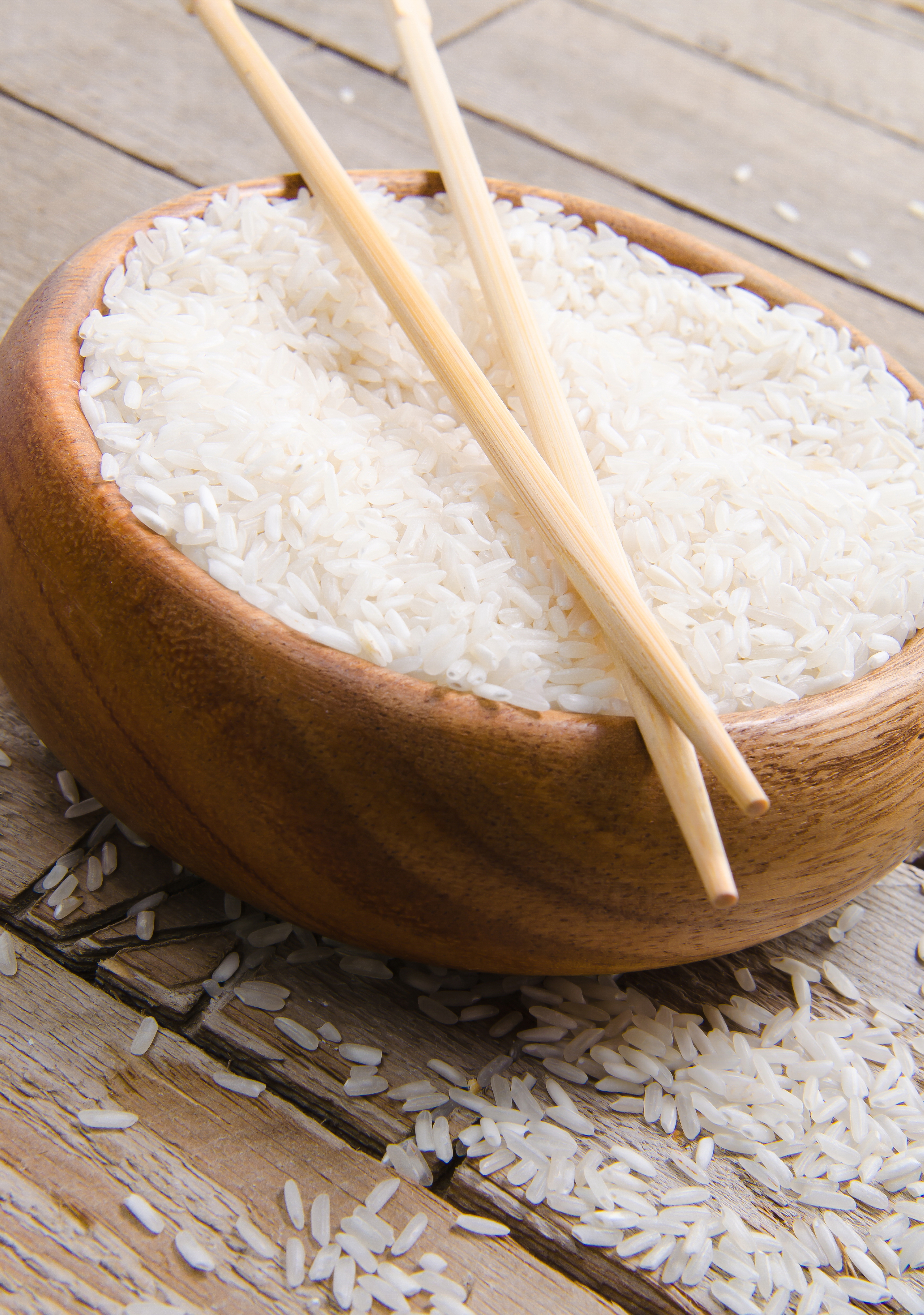John 6:53

Q:
Can you explain John 6:53, “Except ye eat the flesh of the son of man, and drink his blood ye have no life in you?” Is this a reference to the Lord’s Supper?
A:
Treasure speaks of what is extremely precious and valuable. When we open the scriptures, we find different treasures that occupy the heart (Mt. 6:21). Let’s briefly mention three of them and then discuss treasures in heaven more fully.
- Treasures of Egypt speaks of the world (Heb. 11:26).
- Treasure in a field speaks of the saints of God (Mt. 13: 44).
- Treasure in earthen vessels speaks of the light of the Glory of God (2 Cor. 4:7).
If we read the context of this quotation (vv. 50-58), we find that the Lord speaks seven times of eating Himself or of His flesh as the living bread, and three times of drinking His blood. The thought is to “take into oneself,” to appropriate, to make it my own; and this is done by faith. As I take in the Lord (eat) I make Him mine, He becomes food and drink for my body. The body is strengthened - it has life, and this life is eternal (v. 54). It is good to notice that the word “eat” in verses 51 and 53 is better translated “shall have eaten” (J. N. Darby translation); that is a once-for-ever eating, and life is the result. But then in the following verses it is “eat,” a continual and regular appropriating. So, “I have eaten the flesh,” that is, I have accepted the Lord Jesus as my Savior and taken Him as Lord into my being, for the obtaining of life; and now in the habitual “eating Him” I sustain that life, here in this world: “The just shall live by faith” (Gal. 3:11). In order to keep my Christian life healthy I must keep it fed, and this is done by “eating the Lord Jesus,” that is reading His word and learning of Him, meditating upon Him and so taking Him into my being. Notice that this leads to the thought of resurrection (v. 54) and the world to come (v. 58). Is it not wonderful to know that because the Lord Jesus is living now at God’s right hand, I have life; and that life is the same life He had when here in this world, which He has now in the heights of glory, and which I will display in the day of coming glory when He will reign as King of Kings and Lord of Lords!
By comparison, eating the Lord’s Supper has rather the thought of remembering Him in His absence, until He come, and introduces the thought of public testimony. “This is my body, given for you,” brings in the assembly; it is a collective act, whilst eating of His flesh is individual.
J.A.Pickering




